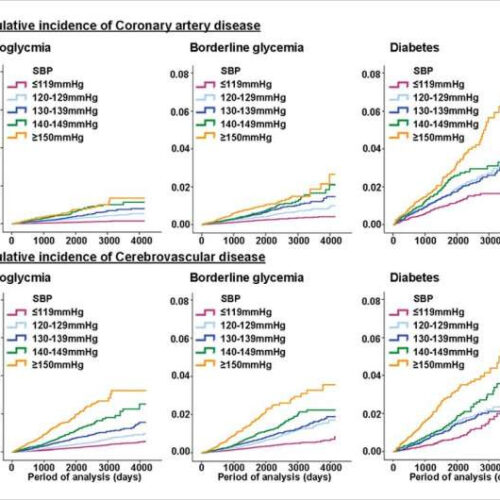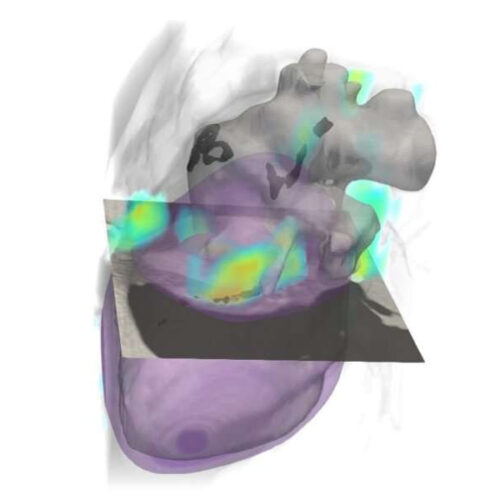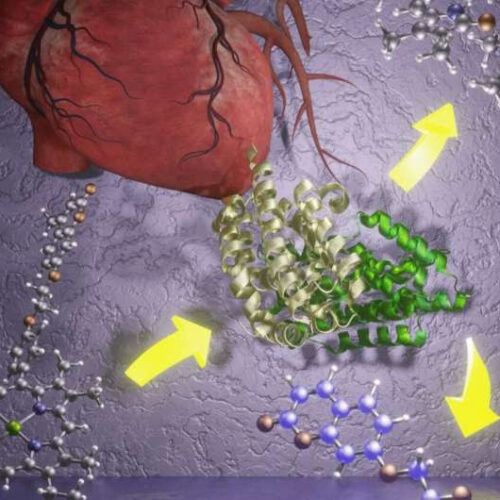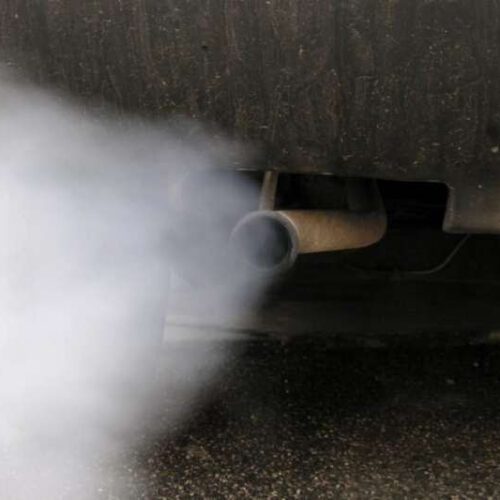by American Heart Association Credit: CC0 Public Domain Asian men and women living in Japan who ate peanuts (on average 4-5 peanuts/day) had a lower risk of having an ischemic stroke or a cardiovascular disease event compared to those who did not eat peanuts, according to new research published today in Stroke, a journal of the American Stroke Association,...
Tag: <span>cardiovascular disease</span>
Eating walnuts daily lowered bad cholesterol and may reduce cardiovascular disease risk
by American Heart Association Credit: CC0 Public Domain Eating about ½ cup of walnuts every day for two years modestly lowered levels of low-density lipoprotein (LDL) cholesterol, known as “bad cholesterol,” and reduced the number of total LDL particles and small LDL particles in healthy, older adults, according to new research published today in the American Heart Association’s...
Systolic blood pressure above 120 mmHg increases rate of cardiovascular disease
Provides insight on what blood pressure targets in patients with hypertension according to glucose status should be. Image credit: Pixabay (Free Pixabay license) An estimated 1.13 billion people worldwide have hypertension or high blood pressure, and two-thirds of these individuals are living in low- and middle-income countries. Blood pressure is the force manifested by circulating...
Copper transporter potential new treatment target for cardiovascular disease
by Medical College of Georgia at Augusta University Drs. Tohru Fukai and Masuko Ushio-Fukai. Credit: Michael Holahan, Augusta University An internal transporter that enables us to use the copper we consume in foods like shellfish and nuts to enable a host of vital body functions also has the essential role of protecting the receptor that enables...
Rapid progression in cardiovascular disease risk factors can reveal high-risk individuals
UNIVERSITY OF HELSINKI Current American Heart Association, European Society of Cardiology, and UK National Health Service guidelines recommend 5-yearly health checks for screening of individuals at high cardiovascular disease risk. These health checks include measurement of major risk factors, such as systolic blood pressure, cholesterol profile, blood glucose, and smoking status. If lifestyle interventions are...
Systolic blood pressure above 120 mmHg increases rate of cardiovascular disease
by Niigata University Rates of CAD and CVD. Credit: Niigata University An estimated 1.13 billion people worldwide have hypertension or high blood pressure, and two-thirds of these individuals are living in low- and middle-income countries. Blood pressure is the force manifested by circulating blood against the walls of the body’s arteries, the major blood vessels...
Deep learning enables dual screening for cancer and cardiovascular disease
by Rensselaer Polytechnic Institute Credit: Rensselaer Polytechnic Institute Heart disease and cancer are the leading causes of death in the United States, and it’s increasingly understood that they share common risk factors, including tobacco use, diet, blood pressure, and obesity. Thus, a diagnostic tool that could screen for cardiovascular disease while a patient is already being...
Study of 70,000 individuals links dementia to smoking and cardiovascular disease
by The Translational Genomics Research Institute Credit: Pixabay/CC0 Public Domain In the largest study of the associations between smoking and cardiovascular disease on cognitive function, researchers at the Translational Genomics Research Institute (TGen), an affiliate of City of Hope, found both impair the ability to learn and memorize; and that the effects of smoking are more...
Cardiovascular disease could be diagnosed earlier with new glowing probe
by Hayley Dunning, Imperial College London Illustration of the probe’s molecular interactions. Credit: Angelo Frei / Imperial College London Researchers have created a probe that glows when it detects an enzyme associated with issues that can lead to blood clots and strokes. The team of researchers, from the Department of Chemistry and the National Lung and Heart Institute...
Traffic-related pollution linked to early markers for cardiovascular disease in children
by Leigh Hopper, University of Southern California Daily exposure to traffic-related air pollution during childhood may set the stage for cardiovascular disease in later life. Credit: Photo/Simone Ramella Daily exposure to auto emissions during childhood may set the stage for cardiovascular disease in later life, according to a USC Children’s Health Study that followed 70 children...









